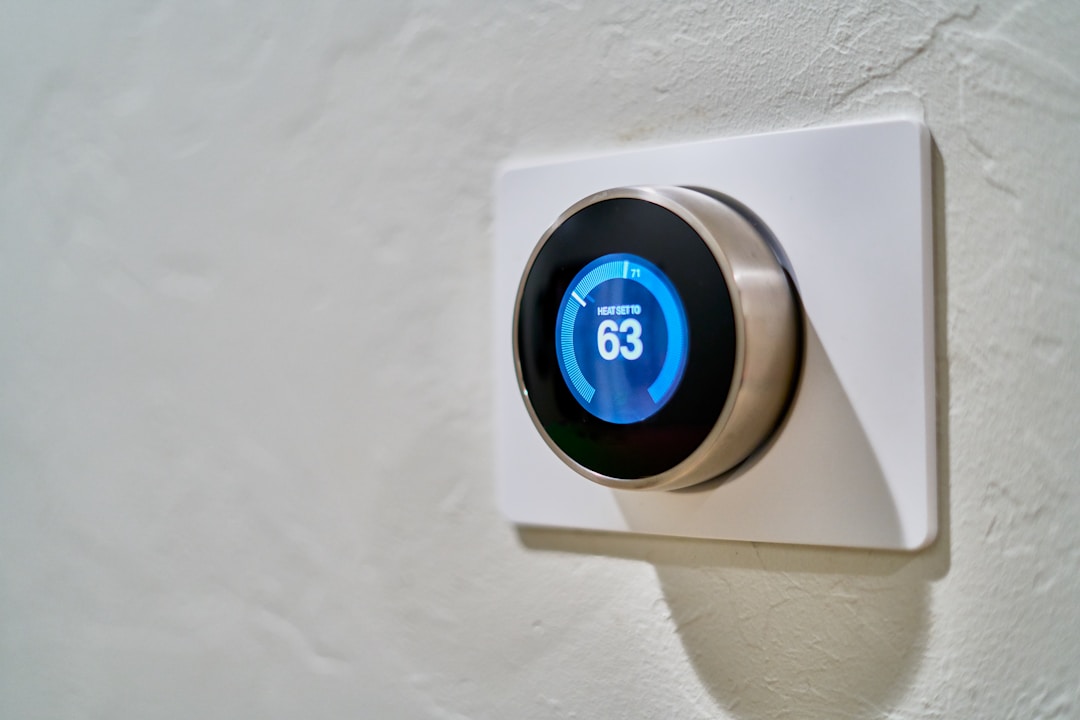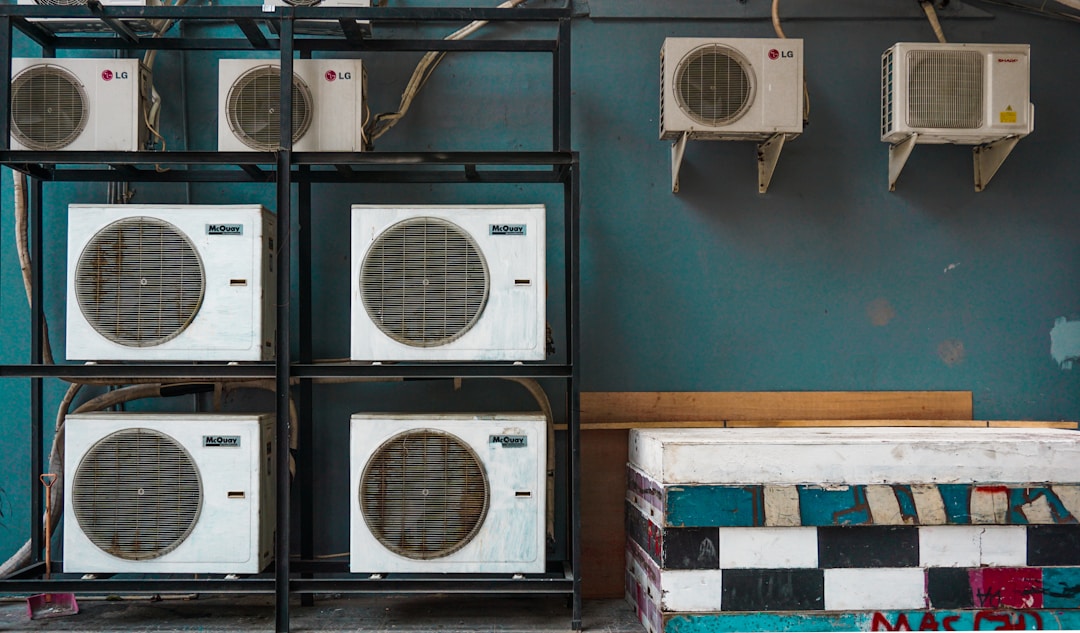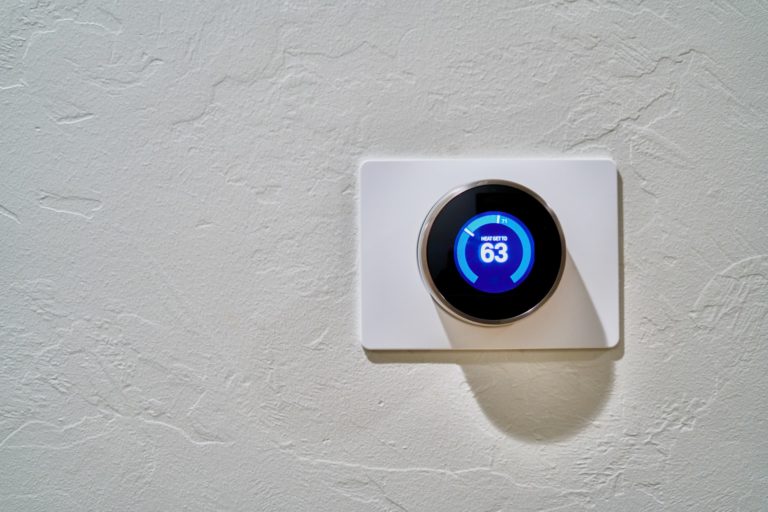As a homeowner, you’re always keeping an eye on your monthly spending, especially when it comes to your utility bills. You anticipate an increase when the furnace cranks on in the winter, or the air conditioner clicks on in the summer, but perhaps you’re experiencing random jumps throughout the year.
Here are a few ways that you can make your cooling and heating system work for you while watching your monthly energy savings soar.
1. Assess Your Equipment

You as a homeowner may be able to identify problems with your furnace’s ignition like noises or a lack of hot air, but it doesn’t hurt to call in a technician to evaluate the unit as well. Furnaces and heat pumps may become caked with debris or, in some cases, have issues with the gas line that create an unsafe condition within your household. If these ignition issues continue, this will only cause you to expend more gas.
The problem could also be as minimal as turning the pilot light back on, which will assure a burner operates with some normality. Identifying these problems early can assure your home’s safety, and potentially save you on your bills in the long run.
2. Cleaning and Maintenance

A clogged air filter can do remarkable damage to an HVAC system if left unchecked. Air filters should be cleaned or changed regularly to prevent any block up from the dust and other contaminants. This clog can prevent you from not getting enough heat, or not feeling as strong of airflow from your AC.
This will lead you to crank the thermostat up or down and put more pressure on the heater or air conditioner. It’s recommended to bring in a professional heating technician to clean out ductwork where more debris is accruing, potentially blocking vents.
3. Check Your Thermostat

A faulty thermostat can also be the culprit for larger heating bills. The connection between your unit and your heating and cooling system may be disrupted by something as simple as gunk in your thermostat. A repair service can help to check the wiring for any issues, or even replace your current thermostat.
Programmable and smart thermostats are a way to go to help lower your energy bills. This allows homeowners to set when their heated air kicks on. Smart thermostats even offer apps that allow you to turn your heat or AC on when you leave the office, preventing it from running all day long.
4. Fix Leaks and Cracks

It’s important to schedule a regular checkup with an HVAC technician to assess for leaks and cracks in your system. For example, cracks in your heat exchanger could lead to deadly carbon monoxide poisoning without proper repair. Leaks in ductwork can actually prevent strong airflow and even lead to a build-up of moisture in ducts during cold weather months.
This moisture creates a breeding ground for mold and mildew, clogging ducts and putting more pressure on the power source to operate. This also leads to a decline in indoor air quality, creating potential health problems.
5. Reduce Usage

One of the easiest things a homeowner can do to reduce their heating and cooling bills is to keep the system off. If you’re not home, don’t let a furnace or air conditioner run all day long. Don’t hesitate to rely on ventilation to keep you cool.
Opening a few windows will get a cross-breeze going, and improve your indoor air quality. If you feel as though your HVAC unit needs to be on, talk to your technician about replacing older furnaces and air conditioners with Energy Star equipment. These reduce the amount of power being utilized when these appliances are in action.




